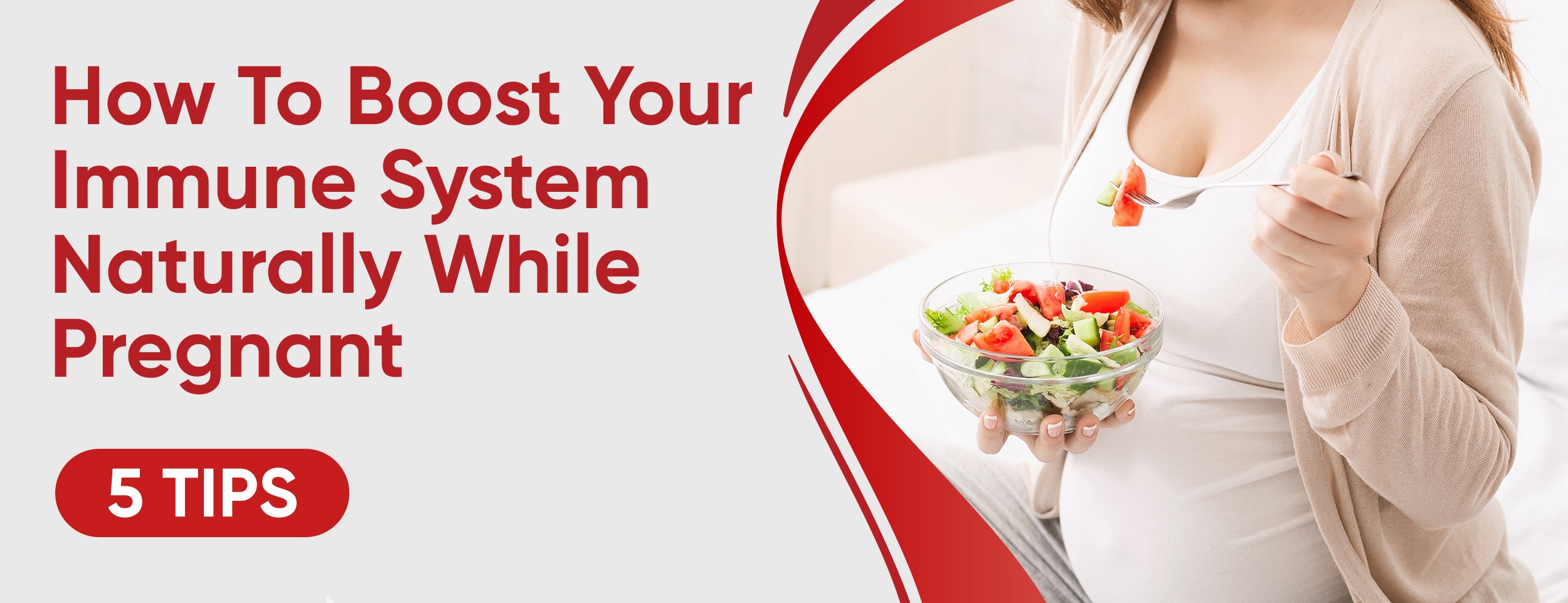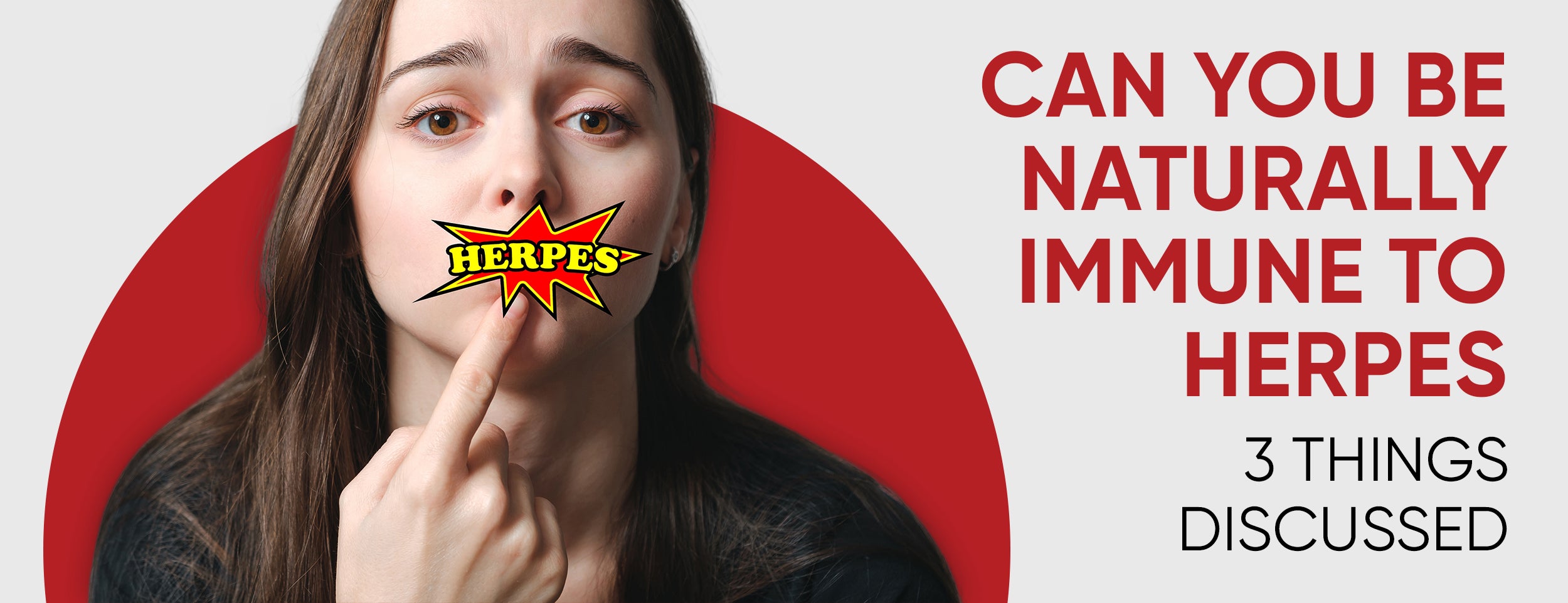The hepatitis B virus affects the liver and can cause serious complications like cirrhosis and liver cancer. About 900,000 people die every year from hepatitis B virus (HBV), according to the World Health Organization, which infects 250 million people worldwide.
HBV infection can sometimes be cleared without treatment by a person’s immune system. The reason for some people's natural immunity to HBV is unclear. But for others, hepatitis B infection can cause long-term health problems, including liver cirrhosis and cancer.
Many people exposed to HBV can clear the virus from their bodies and develop natural immunity, protecting them from future infections. But what is natural immunity?
This article examines the concept of natural immunity to hepatitis B, the factors that influence it, and the practical implications for prevention and treatment.
Natural Immunity to Hepatitis B: 9 Factors Affecting
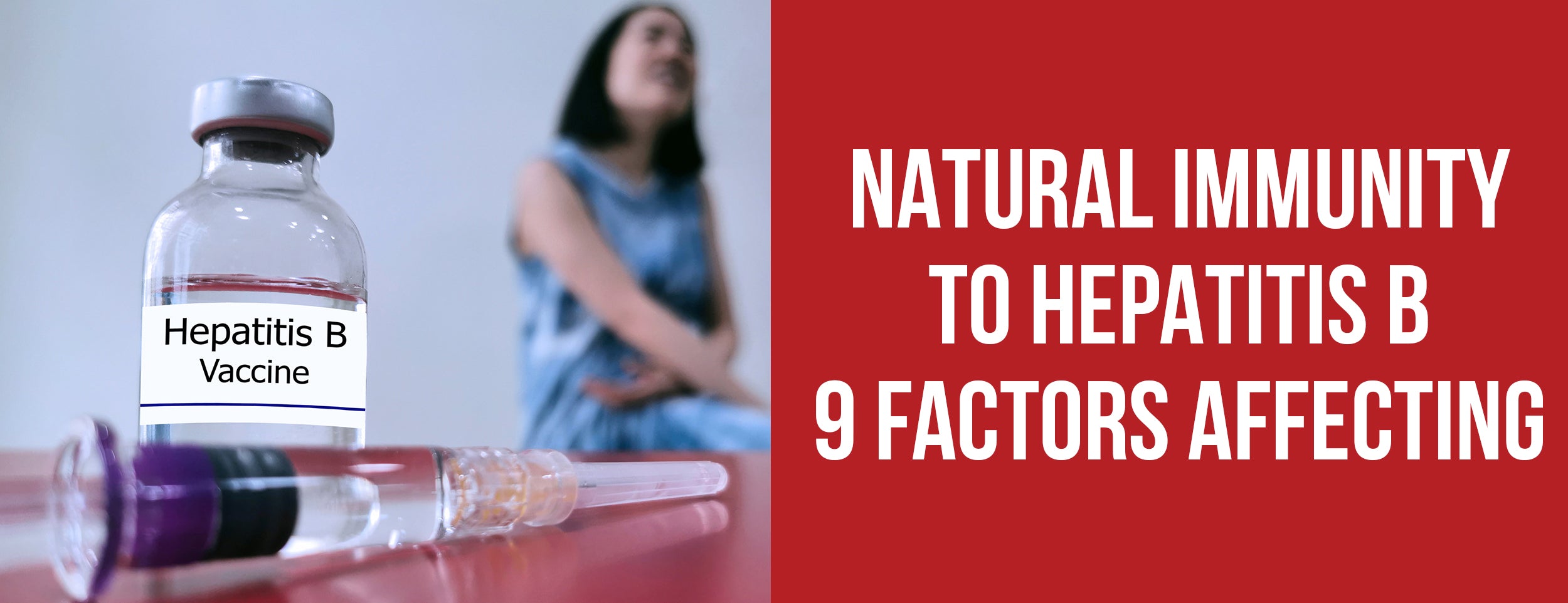
Natural immunity to Hepatitis B varies among different populations and regions. Natural immunity rates and patterns also differ worldwide. Factors that can affect hepatitis B immunity include:
- Genetic factors,
- Environmental factors,
- Impact of hepatitis B strain.
Genetic Factors
Genetic factors contribute to hepatitis B immunity through influencing susceptibility, resistance to HBV infection, and the immune response to HBV antigens. These factors can affect different aspects of natural immunity to HIV, such as:
- Genetic predisposition to natural immunity.
- Identifying genetic markers.
Genetic Predisposition to Natural Immunity
Some individuals may have a genetic predisposition to hepatitis B immunity due to inherited gene variations that affect the immune system. For instance, mutations or polymorphisms in genes encoding:
- MHC molecules: Proteins presenting antigens to T cells, influencing the T cell response to HBV antigens and infection outcome.
- Cytokine receptors: Proteins binding to cytokines, affecting immune cell activation, inflammation, and viral replication in the liver.
- NK cell receptors: Proteins recognizing ligands on infected cells, impacting NK cell activity, liver damage, and viral clearance in HBV infection.

Identifying Genetic Markers
Identifying genetic markers associated with natural immunity to hepatitis B helps understand its molecular mechanisms and develop prevention and treatment strategies. Genetic markers are specific DNA sequences used to identify traits or conditions. Techniques for identifying these markers include:
- Genome-wide association studies (GWAS): Scanning many genomes to compare genetic variations between different groups, such as natural controllers and chronic carriers of HBV.
- Candidate gene studies: Focusing on specific genes involved in natural immunity, like MHC genes or cytokine receptor genes.
- Functional genomics studies: Investigating how genetic variations affect biological processes related to natural immunity, such as immune cell activation or viral replication.
These markers provide insights into the genetic basis of natural immunity and help find potential intervention targets.
Environmental Factors
Impact hepatitis B immunity by affecting exposure, transmission, and immune response. These factors affect various aspects of immunity to hepatitis B, including:
- Influence of environment.
- Geographic variations.
Influence of Environment on Natural Immunity
The environment can contribute to natural immunity to HBV infection. It can also affect individuals' nutritional status, stress levels, and co-infection status. Examples of environmental factors are as follows:
- Transmission mode: It affects exposure dose, route, and duration, as well as the strain diversity. Different modes lead to different outcomes.
- Age of exposure: It impacts immune system maturity, response, liver damage likelihood, and complications. Different ages lead to different outcomes.
- Frequency of exposure: It determines immune response level, duration, and strain selection. Different frequencies lead to different outcomes.
These factors play a role in developing and maintaining natural immunity to hepatitis B.
Geographic Variations in Natural Immunity Rates

The rates and patterns of hepatitis B immunity differ among various geographic regions and countries. These variances may arise from disparities in environmental factors that impact the exposure and transmission of HBV infection and the subsequent immune response to HBV infection.
Impact of Hepatitis B Strain
HBV infection strain affects hepatitis B immunity by affecting antigen diversity and immune response. It affects various aspects of natural immunity, such as:
- Immune responses and strain variability.
- Strain-specific immune profiles.
Variability in strain and Immune Responses
HBV is a highly variable virus that mutates rapidly. It has 10 genotypes (A-J) and over 40 subgenotypes (a-z) with varying geographic distribution, epidemiology, pathogenicity, and treatment response. Mutations in HBV antigens can affect their antigenicity, immunogenicity, and function.
The variation in HBV strains and antigens affects natural immunity against hepatitis B by affecting immune responses. Strains or antigens may elicit different immune responses, induce cross-reactive or strain-specific responses, or evade immune recognition.
This variability can also affect immune clearance or persistence, susceptibility to immune pressure, and compatibility or efficacy of hepatitis B vaccines and therapeutics. Some strains or antigens may be more or less responsive to vaccination or treatment, cross-protective or strain-specific, or prone to escape or resistance.

Strain-Specific Immune Profiles
HBV infection can impact natural immunity by inducing strain-specific immune responses. These profiles are specific to certain strains or antigens of the virus and can be characterized by serological, cellular, and viral markers.
They affect outcomes, prognosis, and management of HBV infection, including clearance or persistence rates, liver damage risks, and responses to vaccination and treatment.
Different methods, criteria, strategies, and considerations may be needed for testing, monitoring, prevention, and therapy based on strain-specific immune profiles.
Comparing Natural Immunity to Other Hepatitis Types
Hepatitis B isn't the only viral hepatitis causing liver infection. Other types, like hepatitis A, C, D, and E, have distinct characteristics, transmission modes, clinical manifestations, and outcomes. Hepatitis B natural immunity is not identical to other viral hepatitis types. Similarities and differences exist between natural immunity to hepatitis B and other types.
Hepatitis A Natural Immunity
Hepatitis A is a viral infection that affects the liver and is transmitted through contaminated food, water, poor hygiene, or close contact with infected individuals.
It usually causes acute hepatitis A, a self-limiting illness lasting a few weeks without leading to chronic infection. The infection also induces natural immunity, protecting against future infection.
Differences Between Hepatitis A and Hepatitis B Immunity
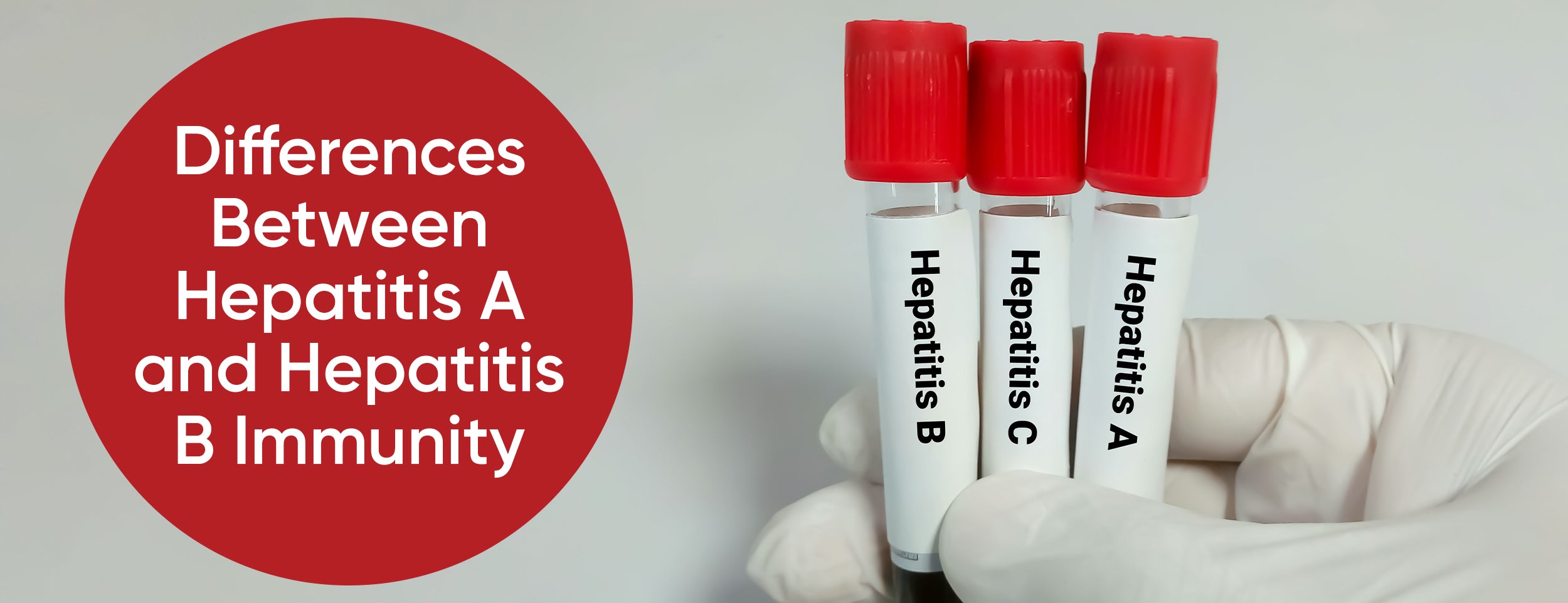
Natural immunity to hepatitis A differs from hepatitis B immunity in several ways:
- Transmission: HAV is spread through the fecal-oral route, while HBV is spread through contact with blood or body fluids. HAV exposure is more common, especially in developing countries with poor sanitation.
- Age of exposure: HAV exposure occurs in childhood, while HBV exposure occurs in adulthood. HAV infection is more likely to be asymptomatic than HBV infection, as children have milder symptoms.
- Outcome: HAV infection always causes acute hepatitis A, while HBV infection can be acute or chronic. HAV infection clears within six months, while HBV infection can persist for years.
- Immune response: HAV infection induces humoral immune response only, while HBV infection induces cellular and humoral immune responses. HAV infection triggers the production of anti-HAV antibodies, while HBV infection increases anti-HBc antibodies and T cells.
Comparing Transmission and Immune Response
Comparing immunity to HAV and HBV infections involves examining the transmission and immune response of HAV and HBV infections, as shown in the table below:
| Hepatitis A | Hepatitis B |
|---|---|
| Transmission | Fecal-oral route |
| Age of exposure | Childhood |
| Outcome of infection | Acute hepatitis A |
| Immune response | Humoral only |
| Serological markers | Anti-HAV |
| Cellular markers | None |
| Viral markers | HAV RNA |
Hepatitis C and Natural Immunity
Hepatitis C causes liver damage caused by the hepatitis C virus (HCV). HCV is transmitted through contact with blood and bodily fluids, such as from injection drug use, unsafe medical procedures, or sexual contact with infected individuals.
HCV infection can cause acute or chronic hepatitis C, leading to severe liver damage, liver cancer, or cirrhosis. Additionally, HCV infection can induce natural immunity to the virus, protecting against future infections.

Challenges in Developing Natural Immunity to Hepatitis C
Natural immunity to hepatitis C differs from that to hepatitis B:
- Transmission: HCV is transmitted through blood or body fluids contact, while HBV is transmitted through similar contact. HCV exposure is less common and restricted, especially in developed countries with safe blood supply and harm reduction programs.
- Age of exposure: HCV exposure usually occurs in adulthood, while HBV exposure occurs during adulthood. HCV infection is more likely to cause symptomatic infection than HBV infection, as adults have more severe symptoms than children.
- The outcome of infection: Chronic hepatitis C can result from HCV infection, while HBV infection can cause chronic or acute hepatitis B. Infection with HCV is more likely to persist, as about 75-85% of infected people develop chronic infection, compared to only 2-6% of adults infected with HBV.
- Immune response: HCV triggers cellular and humoral immune responses, similar to HBV infection. However, HCV infection often weakens or suppresses the immune system by various mechanisms, such as high genetic variability, low antigen expression, and immune modulation.
Contrast with Hepatitis B Natural Immunity
D in hepatitis C and hepatitis B immunity can be contrasted by comparing transmission and immune responses to HCV and HBV infection, as shown in the following table:
| Hepatitis C | Hepatitis B |
|---|---|
| Transmission | Blood or body fluids contact |
| Age of exposure | Adulthood |
| Outcome of infection | Acute or chronic hepatitis C |
| Immune response | Humoral and cellular |
| Serological markers | Anti-HCV |
| Cellular markers | HCV-specific T cells |
| Viral markers | HCV RNA |
Understanding the differences and similarities in immunity between hepatitis C and hepatitis B can inform the development of natural immunity, prevention, and treatment of hepatitis C.
Practical Implications

Natural immunity to hepatitis B has practical implications for assessing, diagnosing, managing, and preventing it in different individuals and populations. It can affect various aspects of the condition, such as:
- The risk factors for hepatitis B.
- Core antibody for hepatitis B.
- Hepatitis B immune booster.
Hepatitis B Not Naturally Immune: The Risk Factors
Not being exposed to HBV develops natural immunity. Some remain susceptible or develop chronic hepatitis B, leading to liver damage. Thus, identifying risk factors is crucial. Factors to consider:
- Age of exposure: Younger age poses a higher risk. Infants infected at birth have a 90% chance of chronic infection, while adults have a 2-6% chance.
- Mode of transmission: Different transmission modes affect exposure dose, route, and duration. Some increase the risk, like perinatal, sexual, or needle sharing.
- Co-infection with other viruses: Co-infection impairs immune response, increasing risk. Viruses like HIV, hepatitis C, hepatitis D, and cytomegalovirus can co-infect.
- Immunosuppression: Weakened immune response increases risk. Causes include chemotherapy, organ transplantation, and autoimmune diseases.
- Genetic factors: Genetic variations affect susceptibility, resistance, and immune response. Some increase risk or reduce natural immunity.
Identifying these factors helps assess risk and implement preventive measures for chronic hepatitis B and enhancing immunity.

Hepatitis B Natural Immunity Core Antibody
One marker of immunity to hepatitis B is the core antibody (anti-HBc). This antibody is produced against HBcAg, the genome-containing protein inside HBV particles.
Anti-HBc can be detected in the blood after acute or chronic infection with HBV or after vaccination with the hepatitis B vaccine that contains HBcAg. It indicates exposure and response to HBV infection and natural immunity to hepatitis B.
The role of anti-HBc in natural immunity to hepatitis B can be summarized as follows:
- Neutralization: Anti-HBc can destroy infected cells or particles by binding to HBcAg, preventing infection of new hepatocytes and clearing HBV particles.
- Enhancement: Anti-HBc can enhance T cell responses by presenting HBcAg to them, stimulating them to eliminate infected hepatocytes or inhibit viral replication.
- Protection: Anti-HBc provides long-lasting, cross-reactive immunity, protecting against future HBV infection and preventing reinfection with different strains or genotypes.
The clinical implications of anti-HBc testing for hepatitis B immunity are as follows:
- Diagnosis: Anti-HBc testing helps diagnose acute or chronic HBV infection and differentiate natural infection from vaccination.
- Management: Anti-HBc testing helps manage chronic HBV infection by indicating the level and duration of immune response and monitoring treatment response.
- Prevention: Anti-HBc testing helps prevent future HBV infection by indicating natural immunity and determining vaccination needs.
Natural Immune Booster Against Hepatitis B
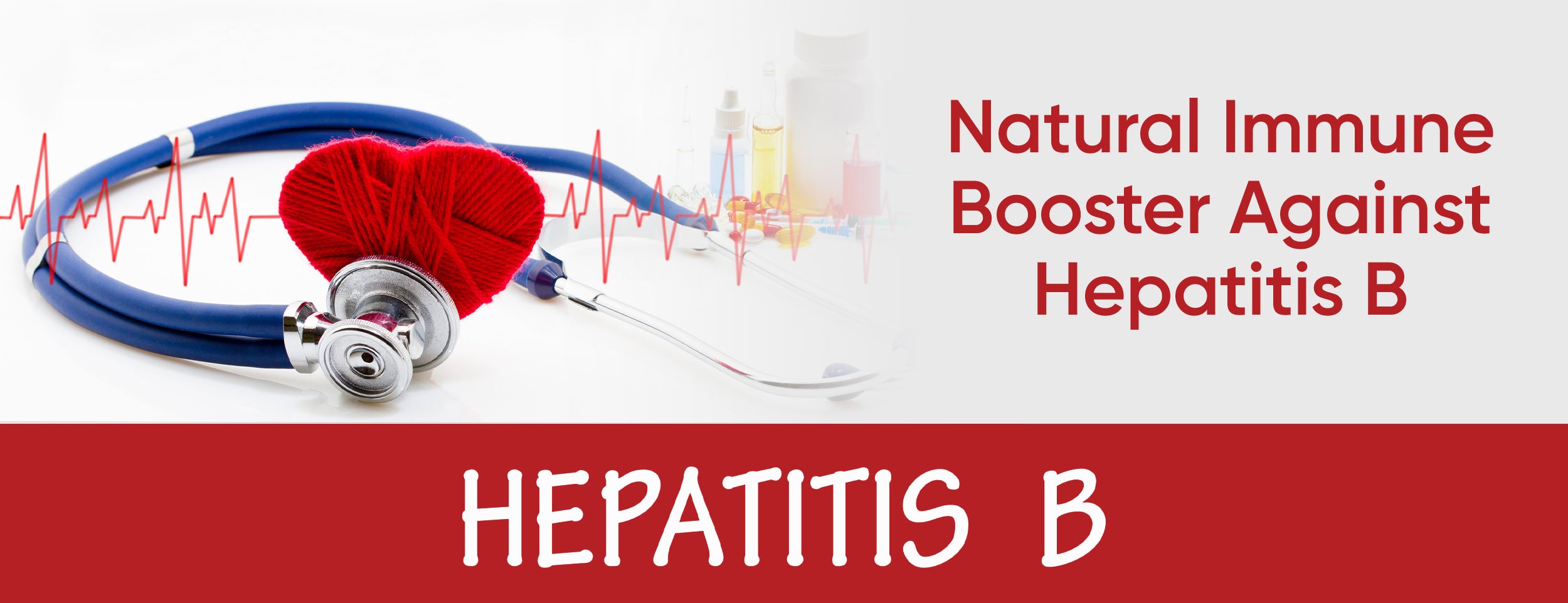
A natural immune booster enhances the body's immunity to hepatitis B. It can come from natural sources like food and herbs or synthetic sources like drugs or supplements. Boosters work in different ways:
- Stimulating the production or function of immune cells or antibodies.
- Modulating the activation or regulation of immune cells or cytokines.
- Inhibiting the replication or function of HBV or infected cells.
Some examples of natural immune boosters against hepatitis B include:
Lifestyle and Dietary Practices
To boost natural immunity to hepatitis B, it's important to adopt certain habits and behaviors that support the immune system's and liver's health. These include:
- Avoid alcohol and tobacco, as they can damage the liver and weaken the immune system. Doing so can reduce liver inflammation and enhance the immune response to HBV infection.
- Following a balanced diet that provides essential nutrients for the immune system and liver. This can improve liver function and support immunity against HBV.
- Regular exercise improves blood circulation and oxygen delivery to the immune system and liver. This can enhance liver detoxification and stimulate immunity to HBV.
Herbal Remedies
These plants or extracts have medicinal properties that affect the immune system and liver. Herbal remedies for boosting natural immunity include:
- Milk thistle: A plant with anti-inflammatory and antioxidant effects that protect and regenerate the liver.
- Astragalus: A plant with immunomodulatory and antiviral effects that stimulate immune cells and antibodies.
- Licorice: An herb with anti-inflammatory and antiviral effects that reduce liver inflammation and inhibit viral replication.
Nutritional Supplements
These substances provide additional nutrients beneficial to the liver and immune system. Nutritional supplements that can assist with hepatitis B immunity include:
- Vitamin C: An antioxidant that protects the liver from oxidative stress and enhances the production and function of immune cells and antibodies.
- Zinc: A mineral with anti-inflammatory properties that reduce inflammation in the liver and modulate immune cell activation.
- Probiotics: Live microorganisms that benefit gut microbiota and the immune system. Probiotics improve liver function by reducing intestinal permeability and modulating immune response.
These natural immune boosters help the body fight HBV infections. They should not replace medical advice or treatment but rather complement them. Caution is advised as they may have side effects or interactions with other drugs or supplements.
Hepatitis B Immunity: In-depth Review

Let's delve into how natural immunity works, unraveling its secrets and gaining a deeper understanding.
Can People Be Naturally Immune to Hepatitis B?
Natural immunity is the immune system's ability to recognize and eliminate foreign invaders without vaccination or medication. It can be innate or acquired. Innate immunity defends against common pathogens from birth.
Acquired immunity develops after exposure to a specific pathogen, providing long-lasting and specific protection.
Exploring the Possibility of Natural Immunity
Regarding hepatitis B, natural immunity is possible but not guaranteed. The outcome of HBV infection depends on various factors, including age of exposure, virus dose, host genetics, and viral strain.
Generally, younger exposure increases the risk of chronic infection. The CDC estimates around 90% of infants infected at birth become chronically infected, while only 2-6% of adults do. Conversely, older exposure increases the chance of developing natural immunity.
The CDC also estimates about 90% of adults infected with HBV recover completely in six months and develop natural immunity.
Factors Influencing Natural Immunity
The immune response to hepatitis B is not fully understood but involves both humoral and cellular immune responses. The humoral response involves B cells producing antibodies that bind to and neutralize HBV particles or infected cells.
The cellular response activates T cells that kill infected cells or secrete cytokines to modulate inflammation and viral replication. Both responses are crucial in clearing HBV infection and preventing chronicity.
Not everyone exposed to HBV mounts a sufficient immune response to eliminate the virus. Some people may have a weak or delayed immune response, allowing the virus to persist in liver cells and establish chronic infection. Factors impairing the immune response to HBV include the following:
- Co-infection with other viruses like HIV or hepatitis C.
- Immunosuppressive drugs or conditions like cancer or organ transplantation.
- Genetic variations in immune genes such as HLA or cytokine receptors.
- Environmental factors like nutrition or stress.
Hepatitis B Immunity Due to Natural Infection

HBV infection can naturally induce immunity in some people, clearing the virus from their bodies. They gain protection against future HBV infection, eliminating the need for vaccination. Infection can also result in acute or chronic hepatitis B, causing severe liver damage and complications.
How Natural Infection Triggers Immune Response?
When HBV enters the body through blood or body fluid contact, it infects liver cells (hepatocytes) and replicates inside them. Infected hepatocytes express viral antigens on their surface, recognized by immune cells as foreign. Immune cells then attack and attempt to eliminate the infected hepatocytes.
The main viral antigens triggering immune response are:
- Hepatitis B surface antigen (HBsAg): The outermost protein layer of HBV particles detectable in blood during infection.
- Hepatitis B core antigen (HBcAg): An inner layer of HBV particles detected in liver tissue during infection.
- Hepatitis B e antigen (HBeAg): A soluble protein derived from HBcAg detectable in blood during active viral replication.
The main immune cells responding to HBV infection are:
- B cells: Lymphocytes produce antibodies against viral antigens, which can neutralize HBV particles or mark them for destruction.
- T cells: Lymphocytes divided into helper T cells (Th) and cytotoxic T cells (Tc). Th cells secrete cytokines stimulating B cells and other immune cells, while Tc cells directly kill infected hepatocytes or secrete cytokines inhibiting viral replication.
- Natural killer (NK) cells: Innate immune cells recognizing and killing infected hepatocytes or secreting cytokines modulating inflammation and viral replication.

Role of Immune Cells in Hepatitis B Natural Immunity
The balance of immune cells and viral antigens determines the outcome of HBV infection. A strong immune response can clear HBV and induce natural immunity, while a weak response can lead to chronic hepatitis B. An excessive response can cause liver damage and inflammation.
The immune cells play a critical role in hepatitis B immunity:
- B cells: Produce antibodies against HBsAg and HBcAg, preventing HBV infection and clearing HBV from blood.
- T cells: Activate against HBcAg and HBeAg, eliminating infected hepatocytes and suppressing viral replication.
- NK cells: Stimulated by HBV infection, they kill infected hepatocytes and enhance the immune response.
Natural Immunity: Understanding the Mechanisms

Natural immunity to hepatitis B involves multiple immune components and mechanisms. Scientists have studied it using human samples, animal models, and in vitro experiments to gain insight into its workings.
Immune Components Involved
One challenge in studying hepatitis B natural immunity is identifying the specific immune components responsible for preventing chronic infection and clearing HBV. Scientists have used different approaches to isolate and characterize these components.
Human Monoclonal Antibodies
Antibodies are produced by a single B cell clone targeting a single antigen. Scientists have isolated human monoclonal antibodies against HBsAg from memory B cells of vaccines and natural controllers. Some antibodies exhibit potent neutralizing activity against different HBV strains, offering insights for new vaccines or therapeutics.
Human T Cell Clones
These are T cells derived from a single clone that targets a single antigen. Scientists have isolated human T cell clones against HBcAg and HBeAg from memory T cells of natural controllers.
Some T cell clones demonstrate strong cytotoxic activity against infected hepatocytes, revealing the molecular mechanisms of T cell recognition and killing of HBV-infected cells.
Animal Models
Genetically modified or infected animals (mice, chimpanzees, woodchucks, ducks, and tree shrews) mimic human HBV infection and immunity.
Some animal models can develop natural immunity to HBV or related viruses after acute infection, aiding the understanding of factors influencing natural immunity to hepatitis B.

Hepatitis B Virus Natural Immunity Core Antigen
One key antigen in hepatitis B immunity is the core antigen (HBcAg). HBcAg is a protein layer inside HBV particles containing the viral genome. It is expressed on infected hepatocytes and serves as a target for humoral and cellular immune responses.
The role of HBcAg in hepatitis B immunity:
- Humoral response: Antibodies against HBcAg (anti-HBc) indicate natural immunity. They can neutralize HBV particles and infected cells, enhancing the cellular response by presenting HBcAg to T cells.
- Cellular response: T cells recognizing HBcAg on infected hepatocytes or MHC molecules kill infected cells or release cytokines that inhibit viral replication. They can also regulate the humoral response by stimulating B cells or suppressing antibody production.
Hepatitis B Natural Immunity Booster Vaccine
Vaccination boosts natural immunity to hepatitis B by administering a substance miming the pathogen. It triggers the immune system to produce antibodies and memory cells, protecting against future infection.
Vaccination as a Tool to Enhance Natural Immunity
The hepatitis B vaccine is highly effective and widely used. It contains recombinant HBsAg produced by genetically engineered yeast cells. This vaccine stimulates antibody production, which prevents HBV infection and removes HBV particles from the blood. It also generates memory B and T cells, offering long-term protection against HBV.
The hepatitis B vaccine is recommended for infants, children, adolescents, and adults at risk of HBV exposure (e.g., healthcare workers, travelers, sexual partners of infected individuals, and injection drug users).
It is typically administered in three doses over six months, with alternative schedules available. The vaccine is safe, effective, and well-tolerated.
Efficacy and Availability of Hepatitis B Booster Vaccines
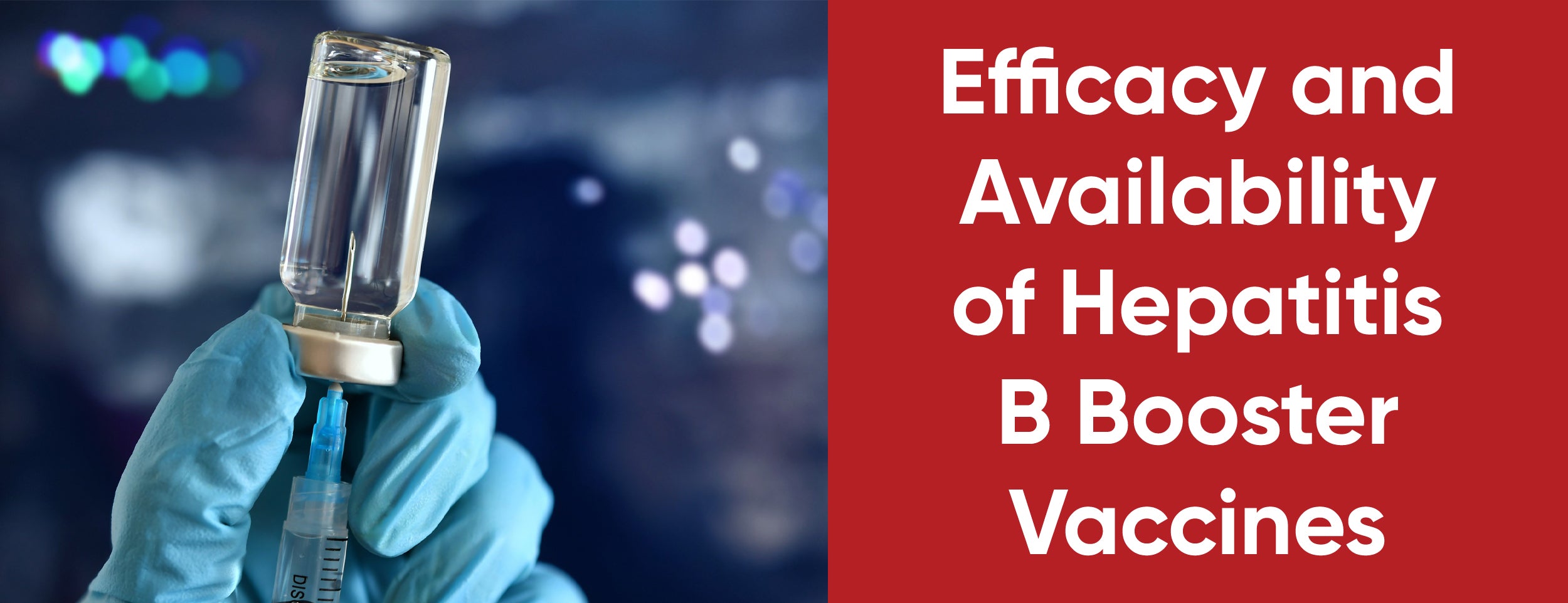
The hepatitis B vaccine protects for at least 20 years in most cases. However, anti-HB levels may decline, especially in those with a low initial response or compromised immune systems. To address this, booster doses are recommended for specific groups:
- Healthcare workers exposed to blood or body fluids.
- Travelers visiting areas with high HBV prevalence.
- Immunocompromised individuals with low anti-HB levels.
- Individuals with chronic liver disease or undergoing transplantation.
Boosters enhance immune response, broadening coverage against new or mutated strains. They can be single or combination vaccines (e.g., with hepatitis A or tetanus). Availability varies by country, with national guidelines, programs, and challenges like cost, logistics, and awareness influencing access.

Conclusion
Some naturally develop long-lasting protection against future hepatitis B infection by removing it from their bodies. This natural immunity is both humoral and cellular, as viral antigens like HBsAg, HBcAg, and HBeAg trigger it.
Age, transmission mode, co-infection, immunosuppression, genetics, environment, and strain influence natural hepatitis B immunity. Understanding this concept aids risk assessment, diagnosis, management, and prevention.
Comparisons to natural immunity in other types of viral hepatitis, like A and C, can provide insights. Lifestyle, diet, herbal remedies, and supplements may enhance natural immunity.
Exploring this topic contributes to achieving the goal of eliminating hepatitis B as a public health threat by 2030.



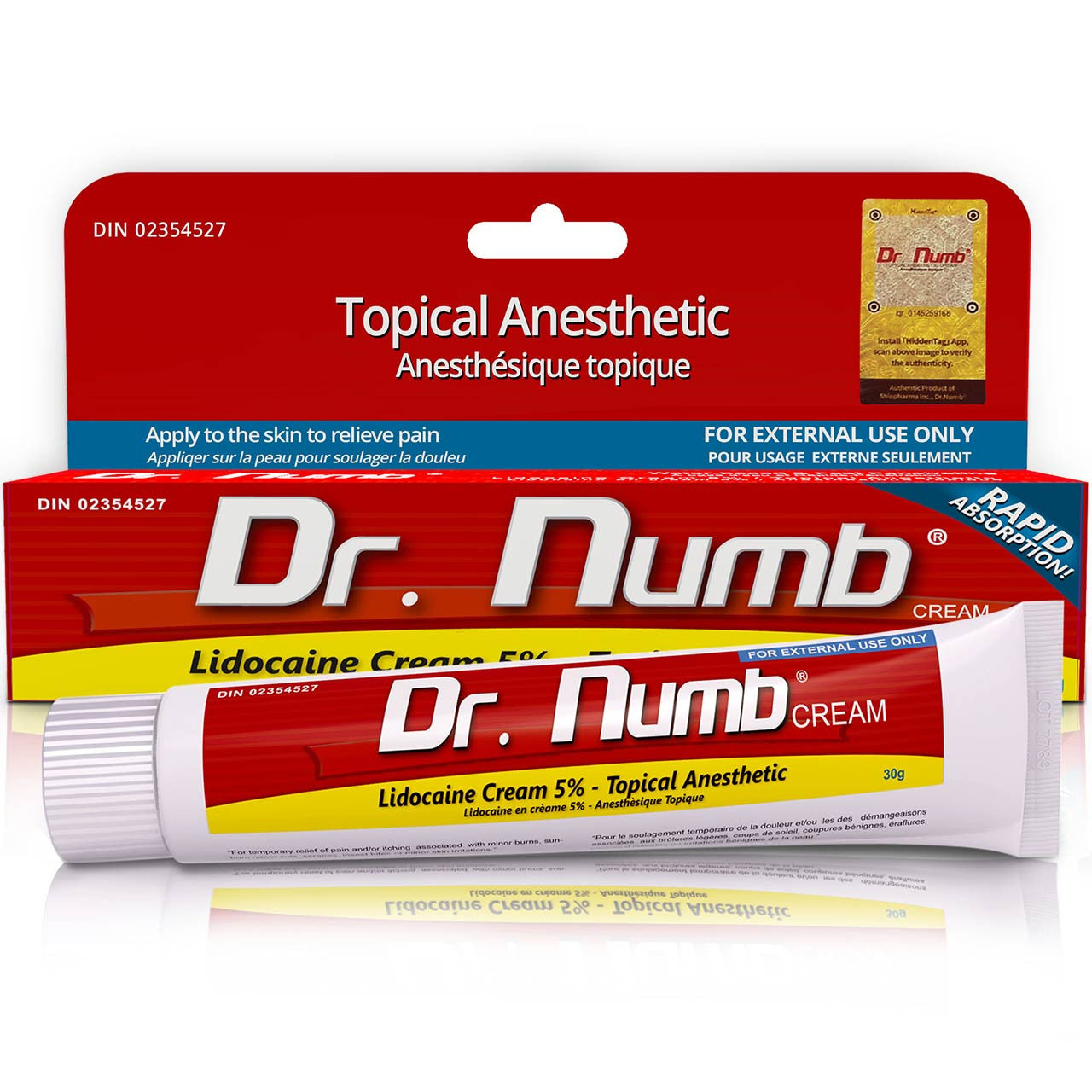
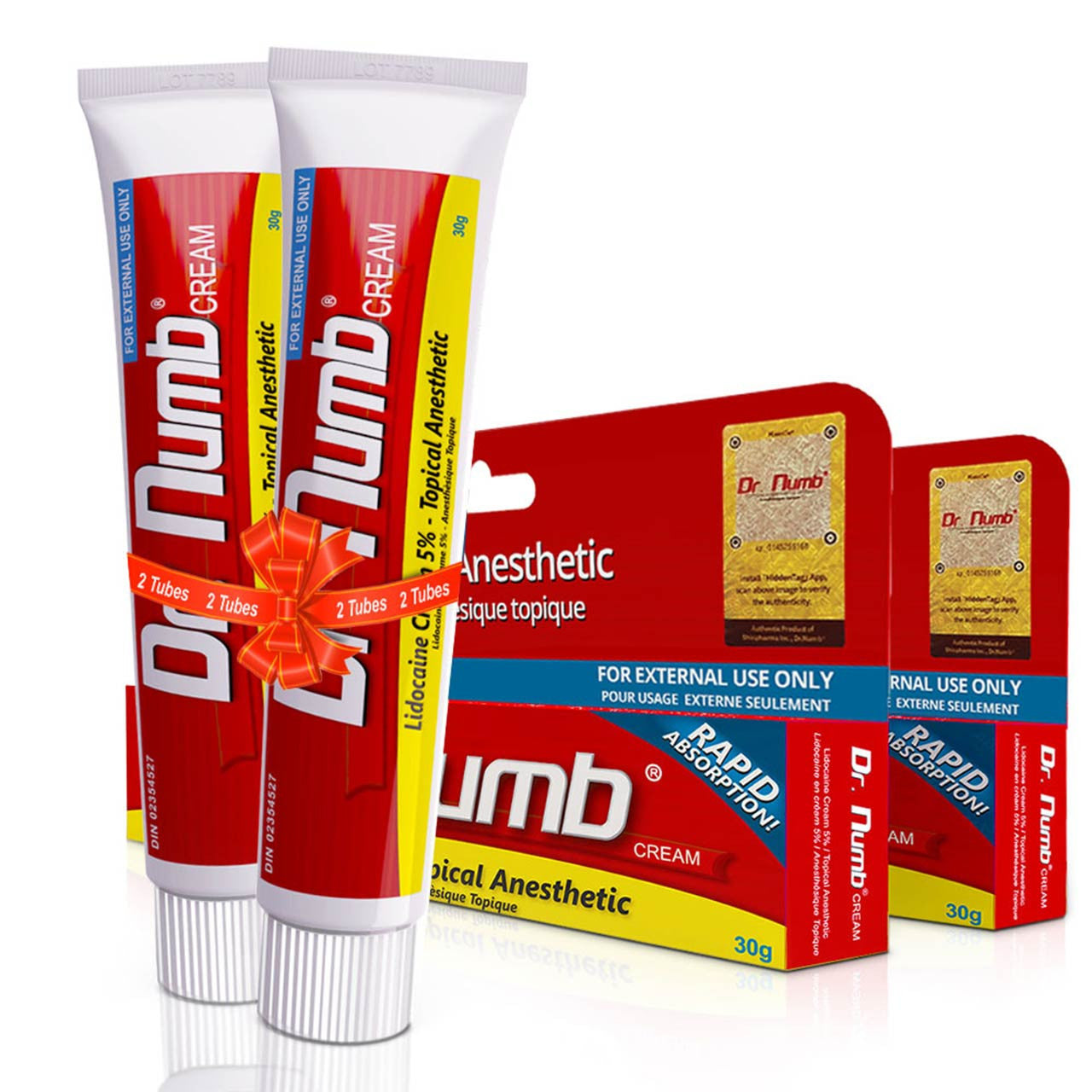
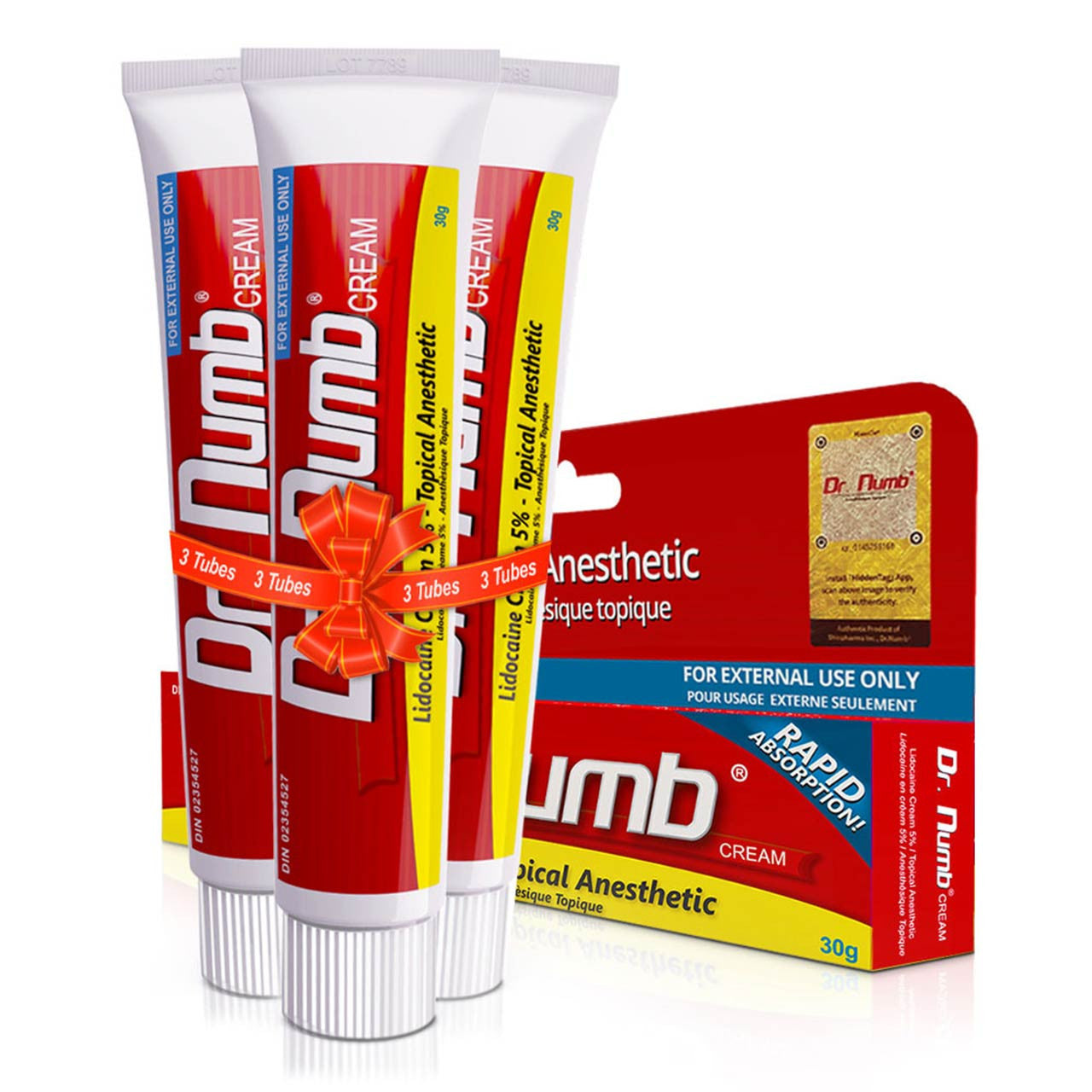
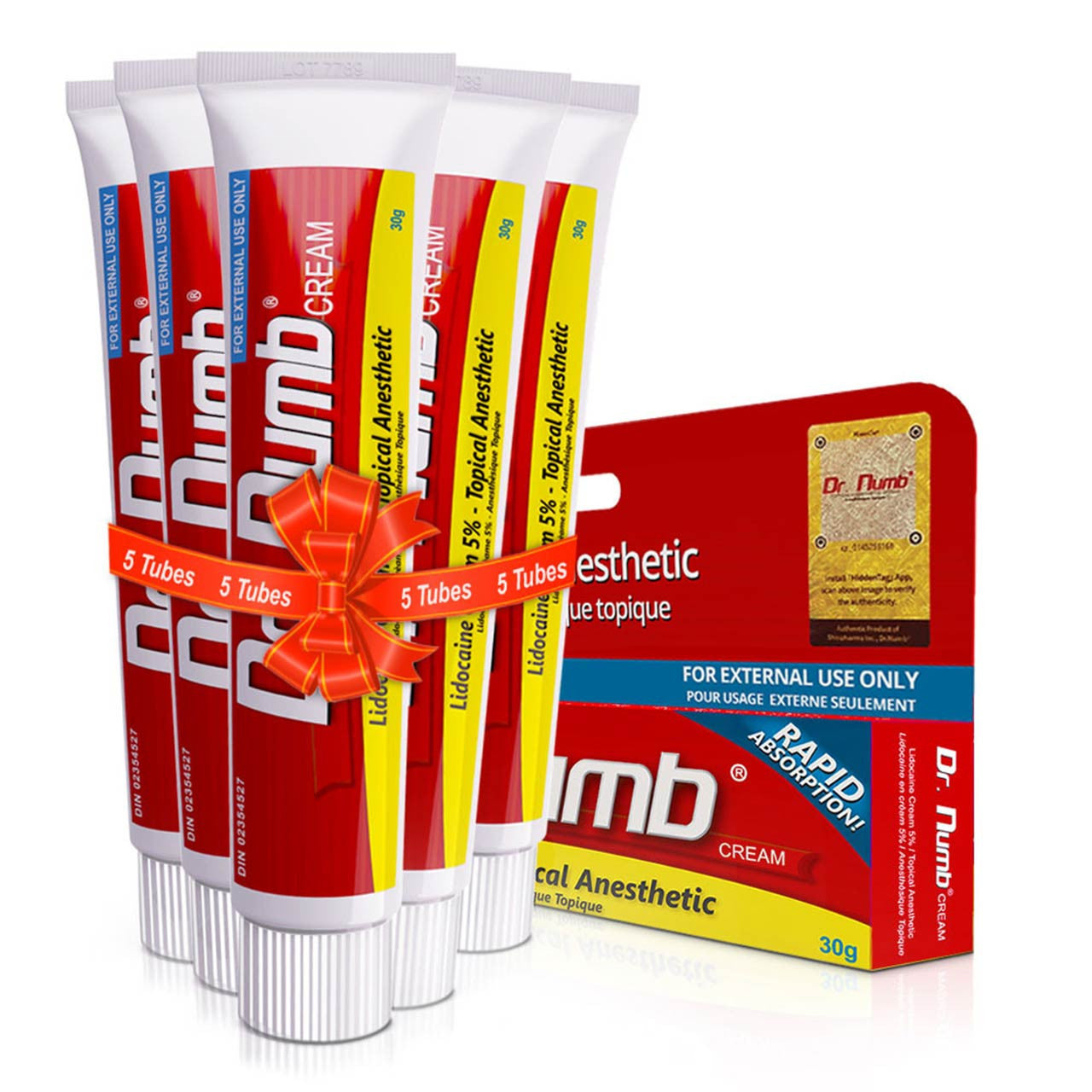
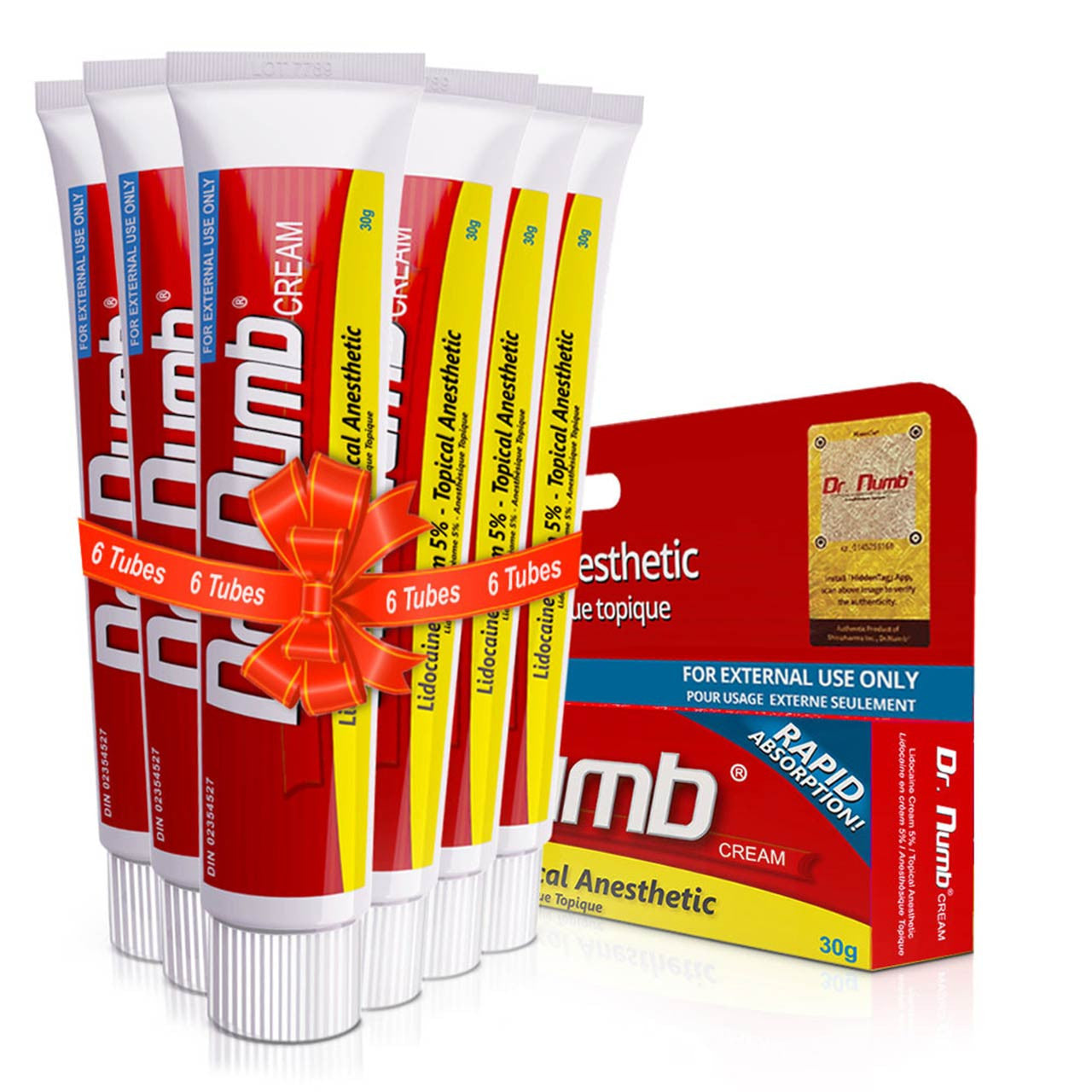
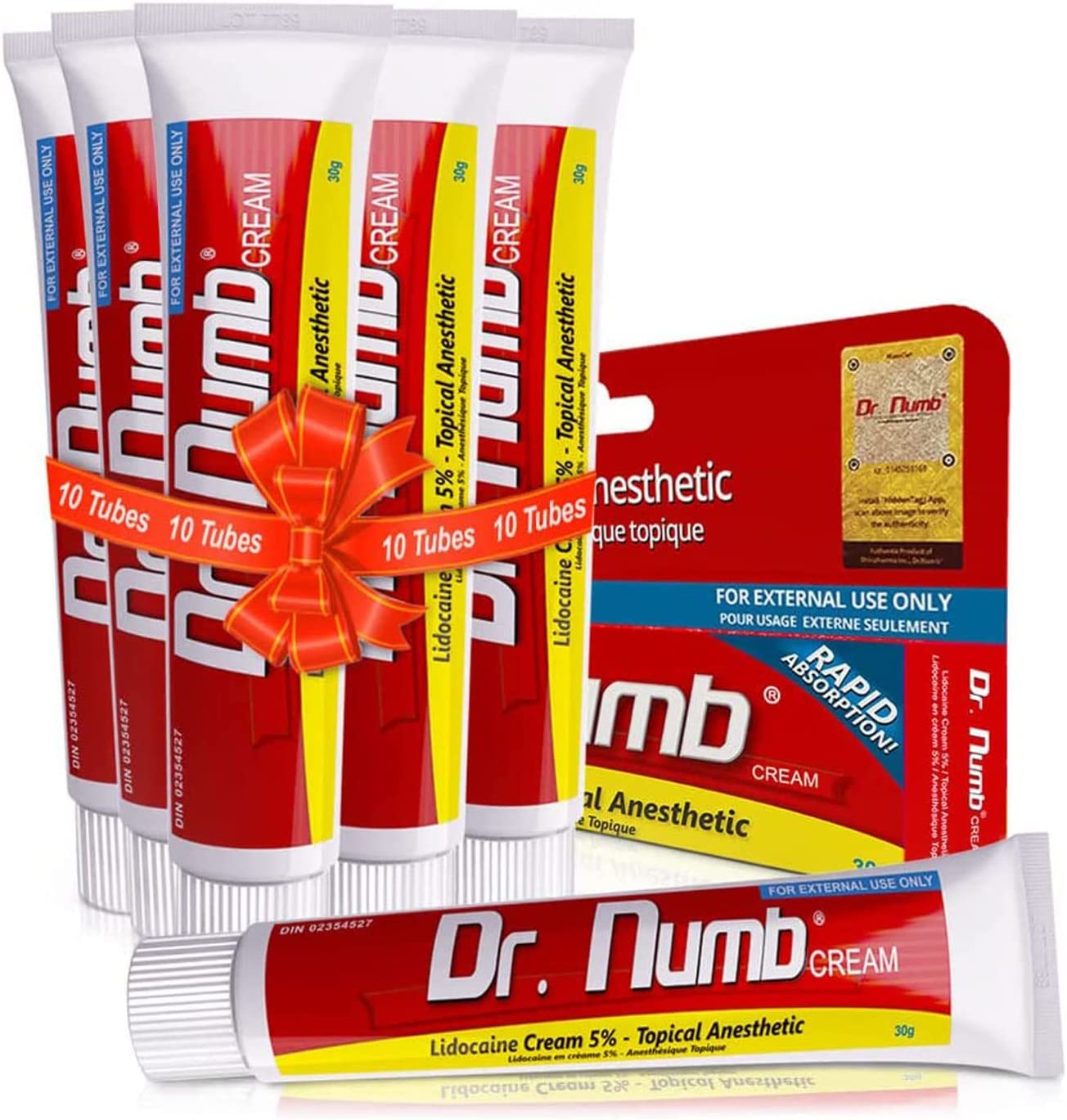
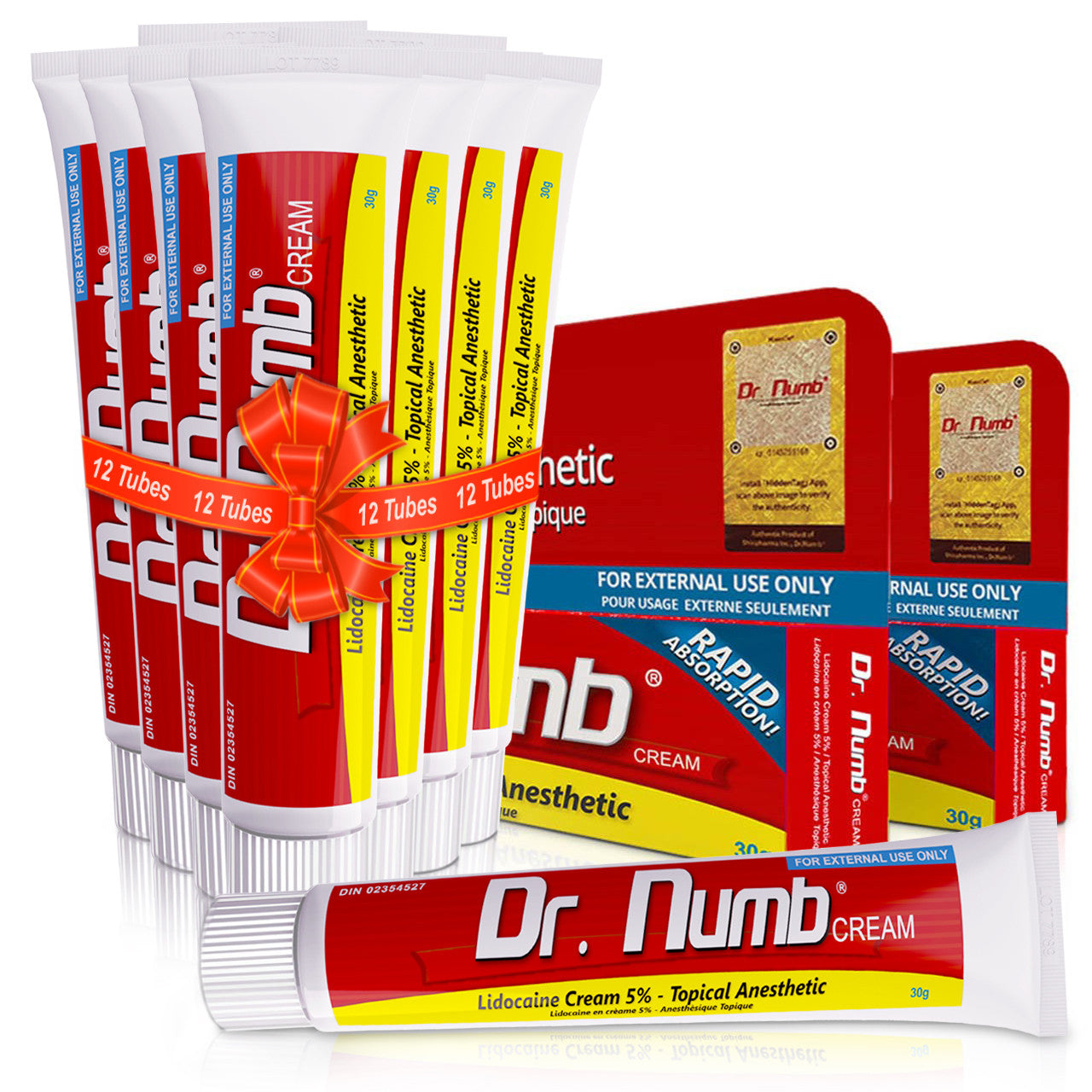



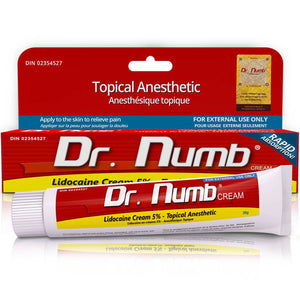

![Natural Ways to Boost Immunity [ Essential]](http://drnumb.ca/cdn/shop/articles/How_to_Naturally_Boost_Immune_System__8_Tips_Essential.jpg?v=1706068514)

